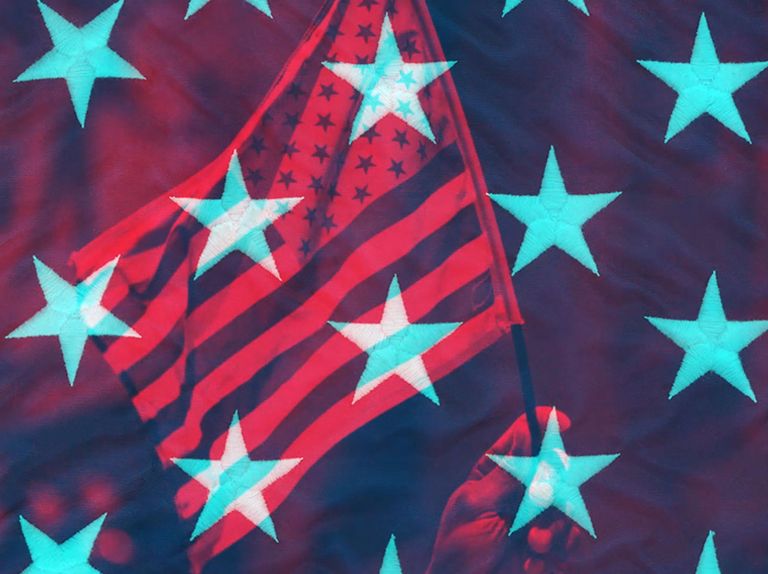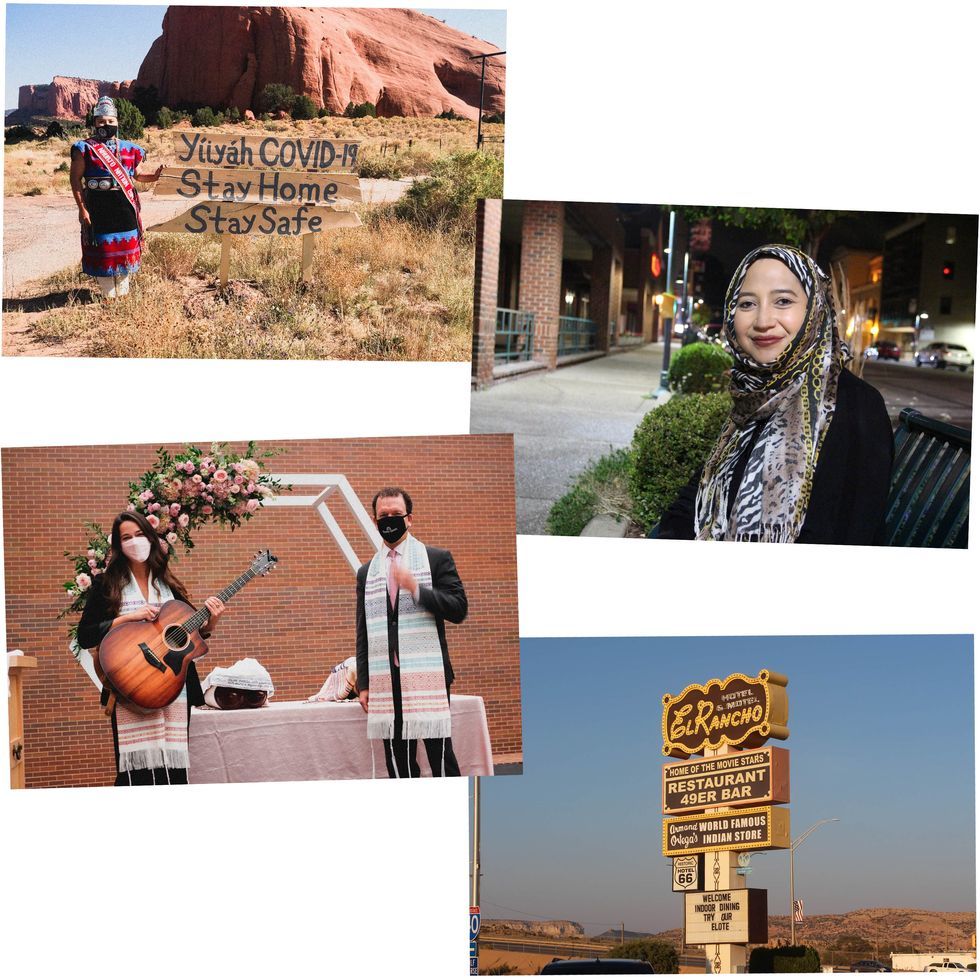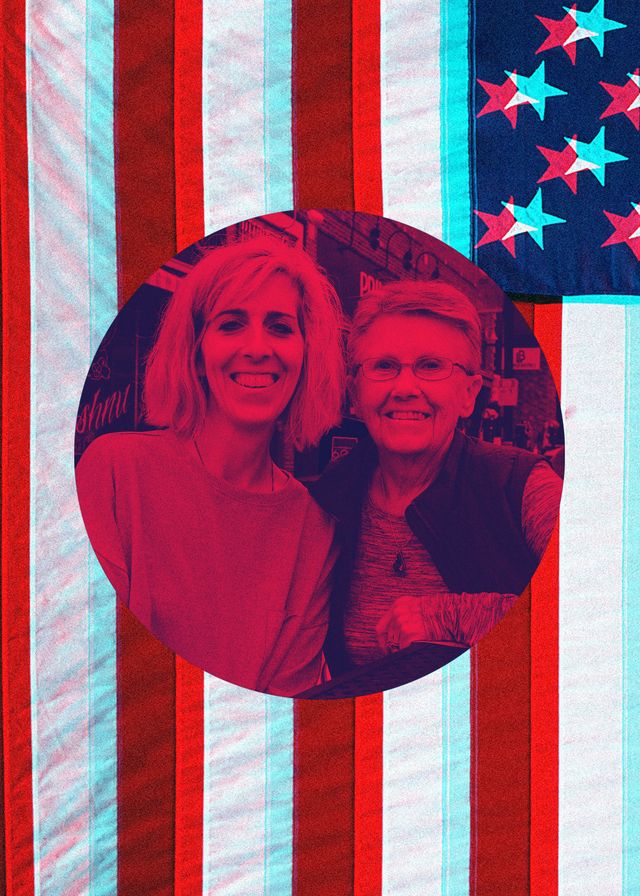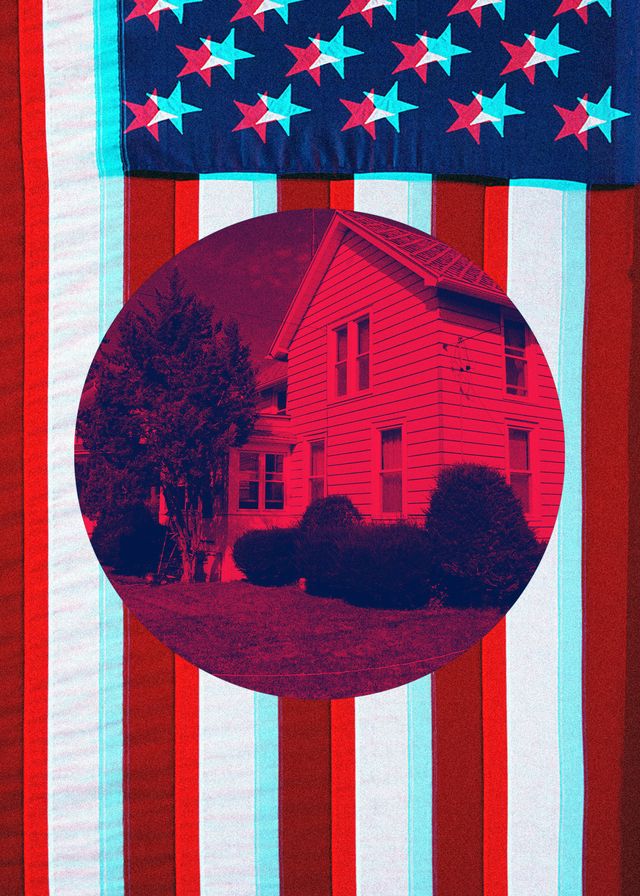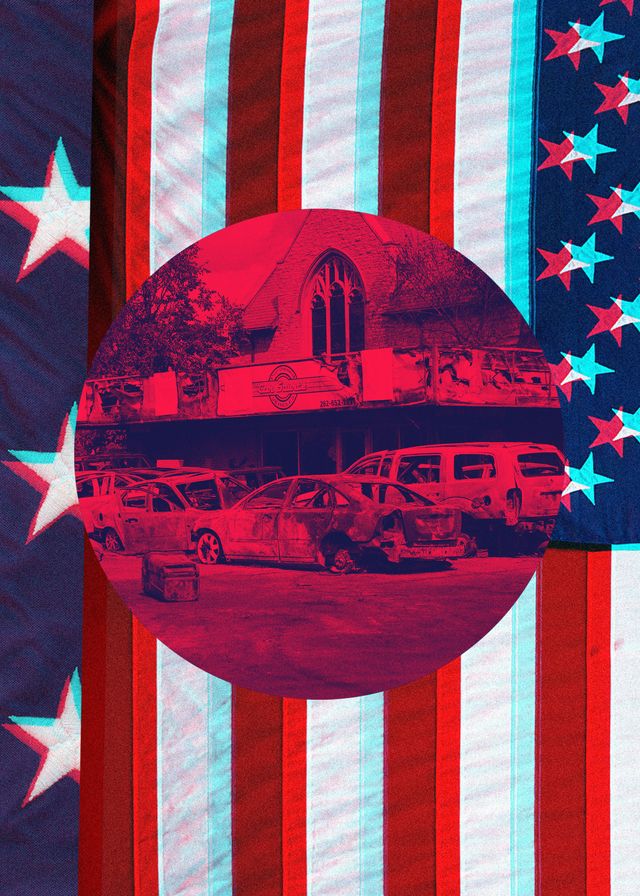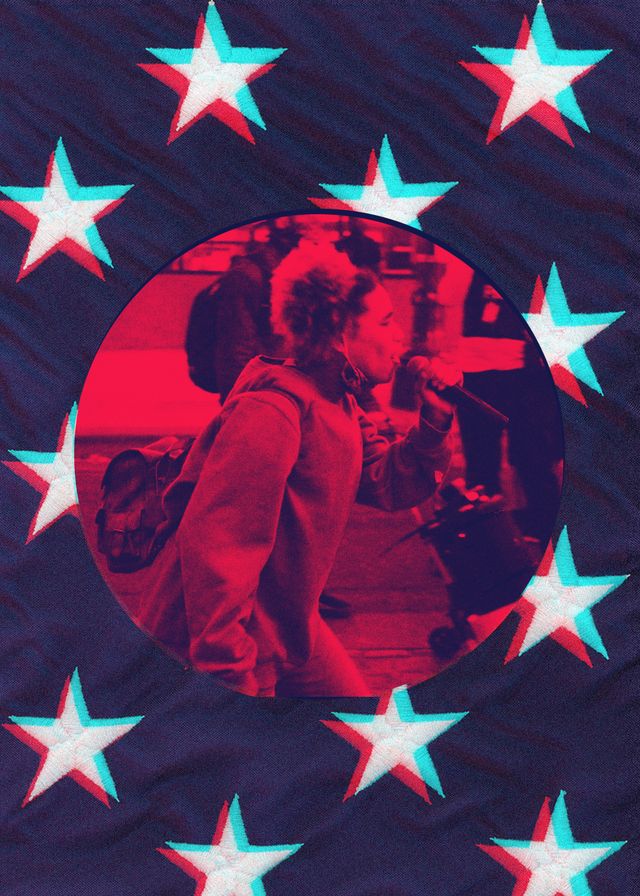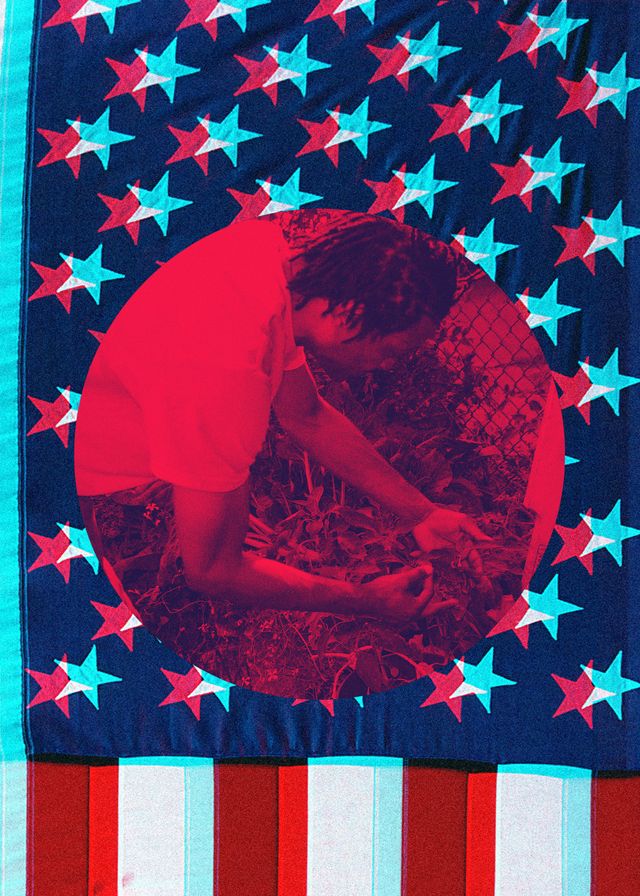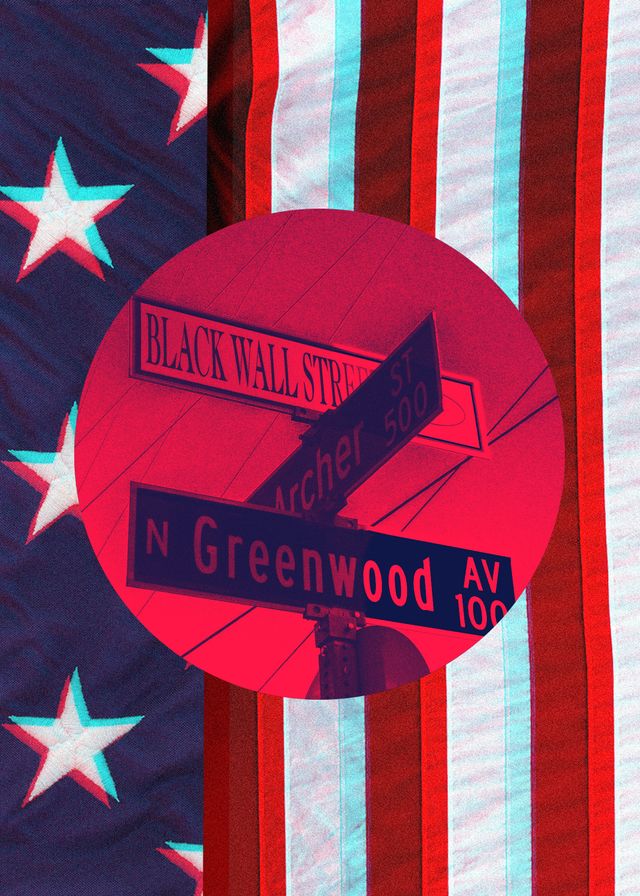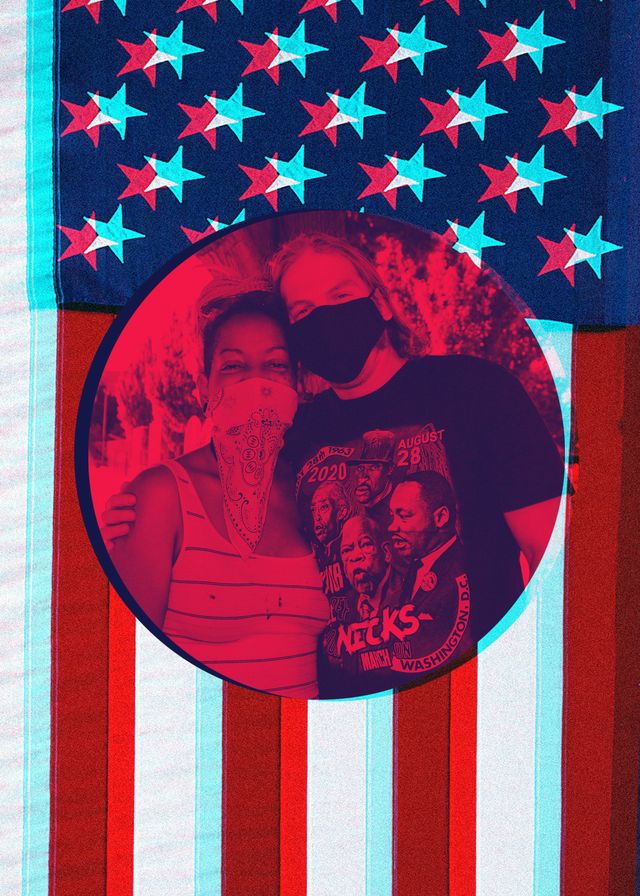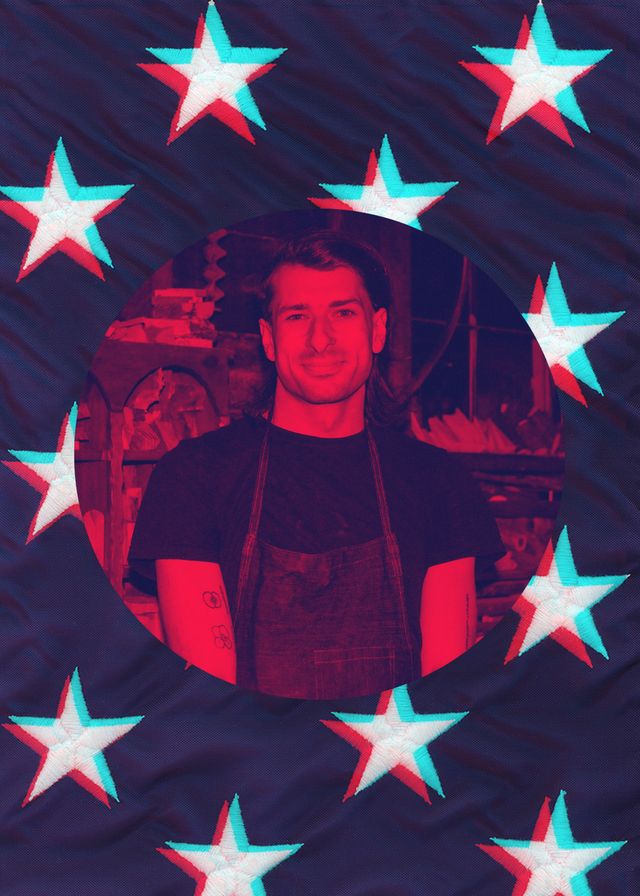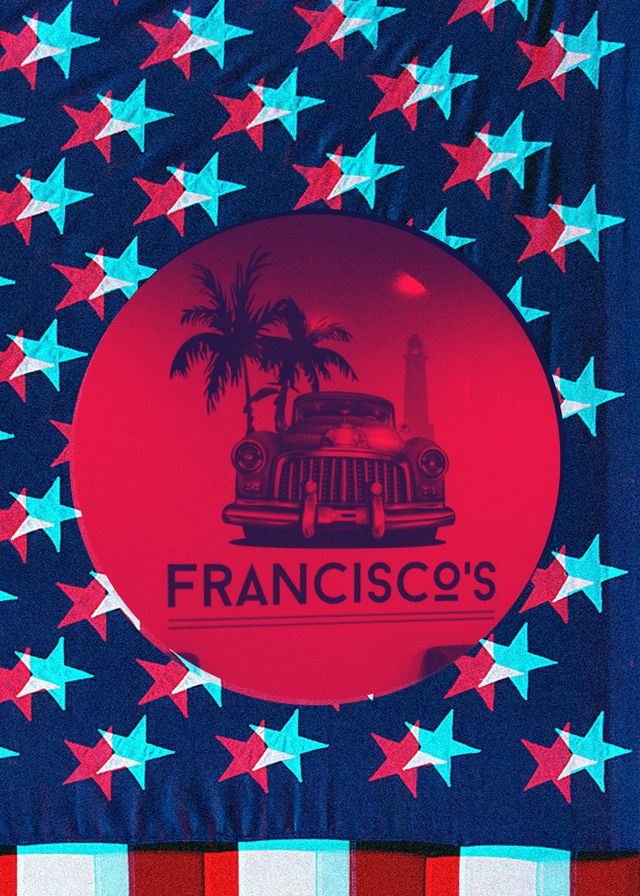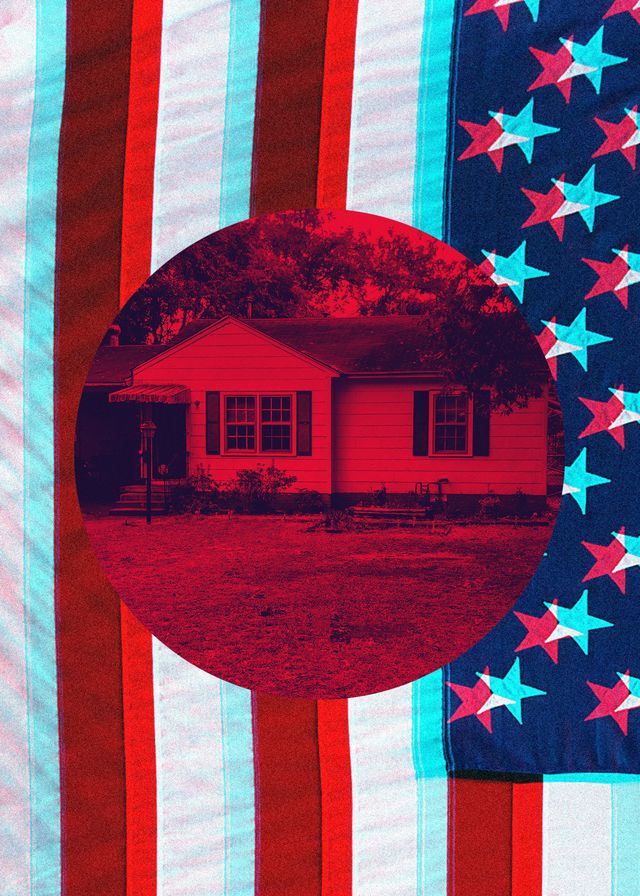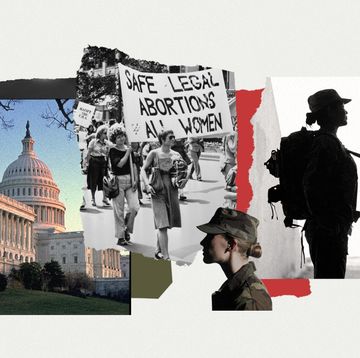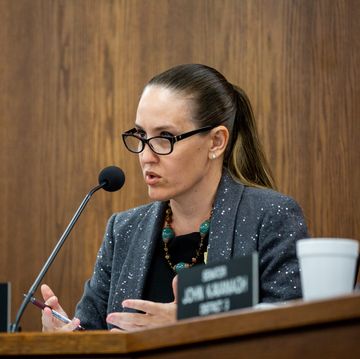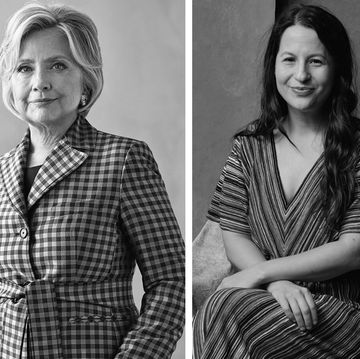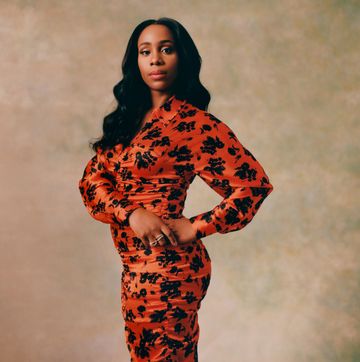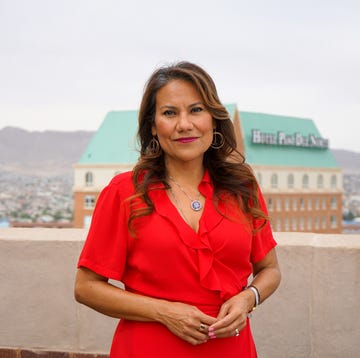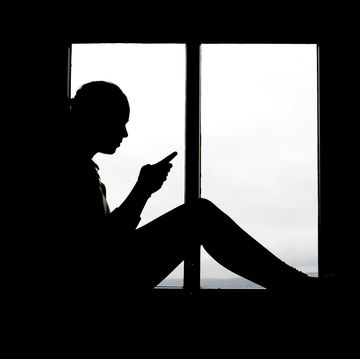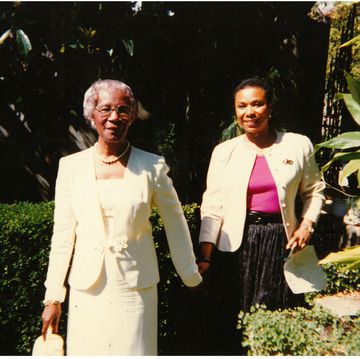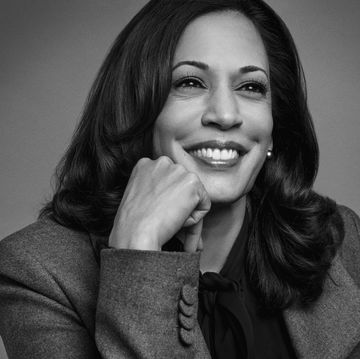On May 25, 2020, as I watched the video of George Floyd, I wept. I had never mourned for a stranger like I did that day. He could've been one of my four brothers.
I was raised in a Nigerian American, ultra-disciplinarian, Christian home in the Bronx, where the maxims were work hard and love your neighbor as yourself. Our skin color wasn’t talked about. All we knew was that mom had three jobs—picking up shifts at different hospitals—and all she asked of us was to do well at school and respect our elders. Simple. We never discussed race or class divisions. Or how to handle discrimination. Or what to do when someone poked fun at my hair. At one point, that was everyday life for me: walking around with African threaded natural hair.
I had thought, as mom had raised us, that if I gave to the world what I wanted, if I worked hard and tried to be a better person every day, somehow it’ll all work out in the end. Somehow, I’ll receive all of that back.
Not in America.
Seeing Floyd's lifeless body lay there on my phone that evening, something cracked in me. I couldn’t eat for days. Then all I wanted to do was eat for days. I was a mess.
There's this scripture in the Bible, in the book of Matthew, that speaks about wool being pulled over someone's eyes. It warns of being deceived by what you perceive in that state, because when the wool is removed, you'd finally see things for what they really are. You'd no longer be deluded. That was how it felt. No matter what, out in real America, it hit me that it wouldn’t matter how good a person I was working to become. None of it would matter. My inherent value, according to these United States of America, would always be obstructed by my skin color.
The rage that had risen within me was imprinted on me for weeks. As obvious as it seems now, I realized that America has never lived up to its name—there has never been unity in this country. The United States of America. The incongruity persists. The Trump presidency only unveiled and emboldened race and class divisions. This past year alone, we saw a surge in that once inconspicuous divergence in perspectives and realities.
Insecure and feeling conflicted in one of the country’s deepest moments of reckoning, heightened by a rampaging virus that stalks people who looked like me especially, the gravity of the moment shook me. Even more when I thought about my mom out there every day on the frontlines—a Black immigrant woman caring daily for whomever came through the doors. Taking on more shifts and jumping between her OB/GYN unit and the ICU. Outside that hospital, mom was just another Black face. One wrong police stop, one wrong place, wrong instant, and that could be it. Her dedication, her sacrifice, her goodness—insignificant.
In that place of grief and deliberation, I wondered about who I was in this country as a Black immigrant woman. Was I just a token, an accessory, for the white spaces I had occupied? I wondered how the many others felt. What about white America, how did they view the plights of marginalized groups?
What were their racial experiences and attitudes in present-day America?
With one backpack and an oversized MZ handbag, two boxes of blue surgical masks, a box of gloves, loads of hand sanitizer, and three face shields, I took to the road on Sept. 12. I traveled by plane and car, using four rentals, to 30 states in 32 days. Traveled 13,559 miles. Twelve flights, 23 gas station stops, 16 hotels, and one bed and breakfast (in Stuart, NE). I drove a black Buick Encore, a red Mini Cooper Countryman, a blue Hyundai Venue, and a black Kia Forte.
I met more than a hundred people. After, I rendered the parts of their stories they revealed to me, and my story of discovery. Some of them felt empowered. Others felt America was built, and would continue to flourish, on a mismatched class system.
A few held on to a faith in the ideology of a unified America, where true equity could one day exist, and disparities would be a thing of the past.
America Redefined:
Read the Stories
This project was funded by the Pulitzer Prize Traveling Fellowship.
